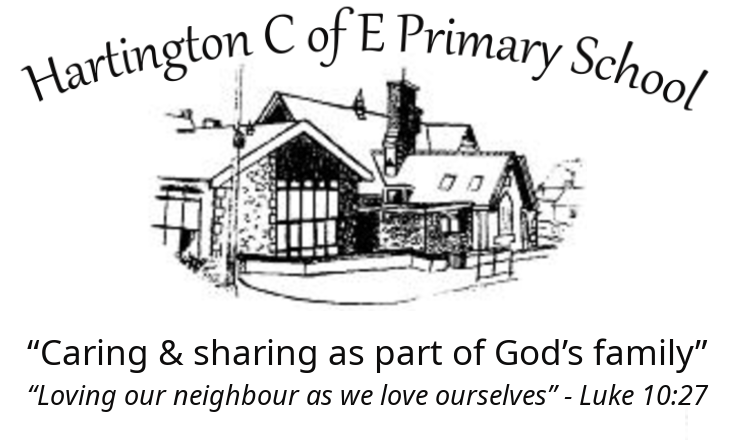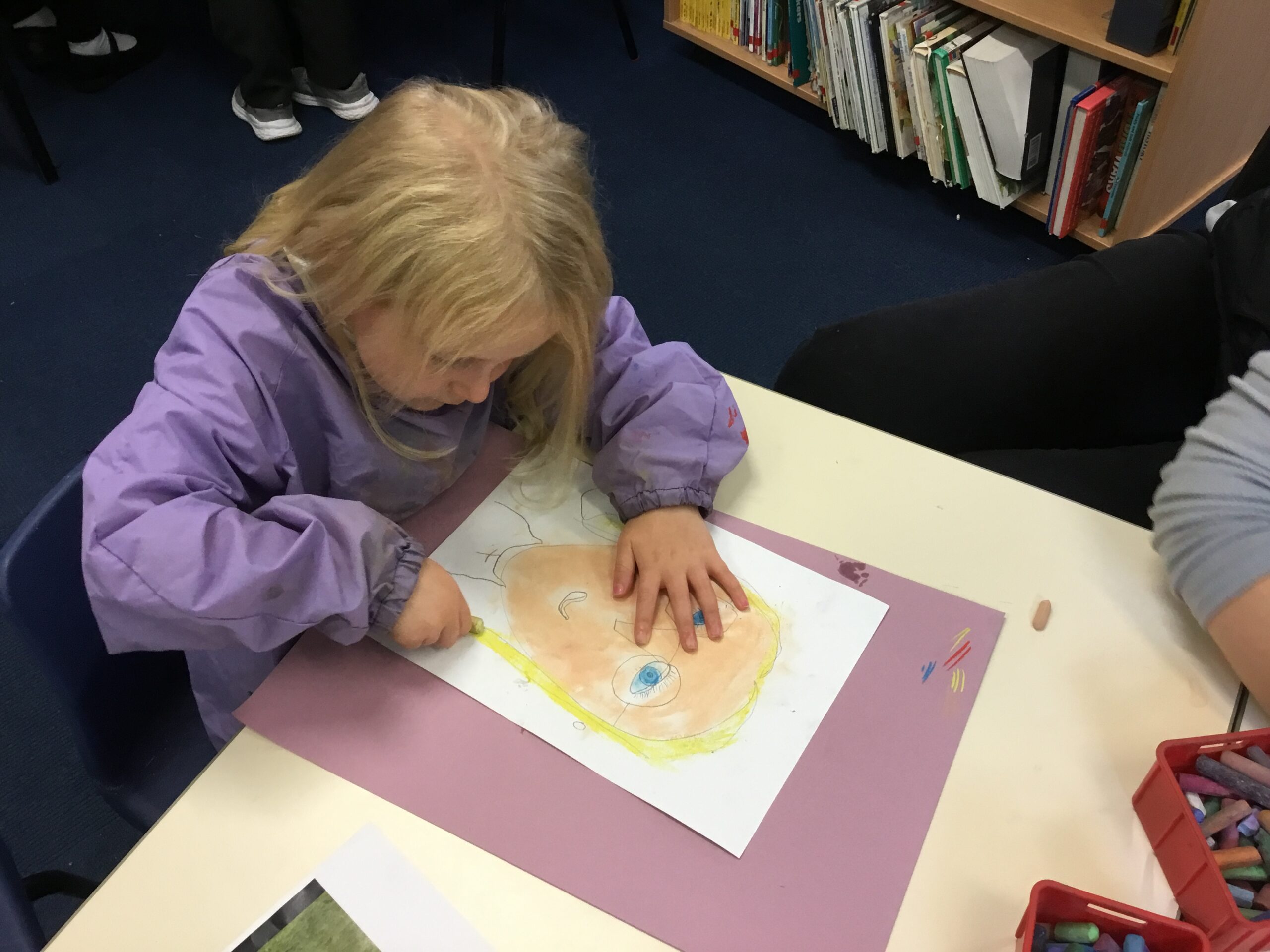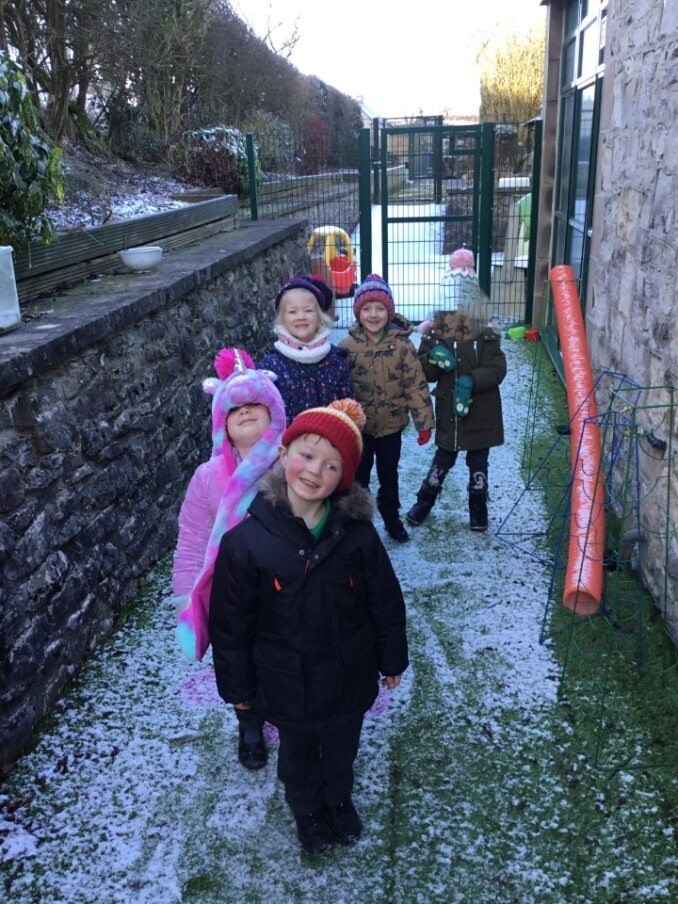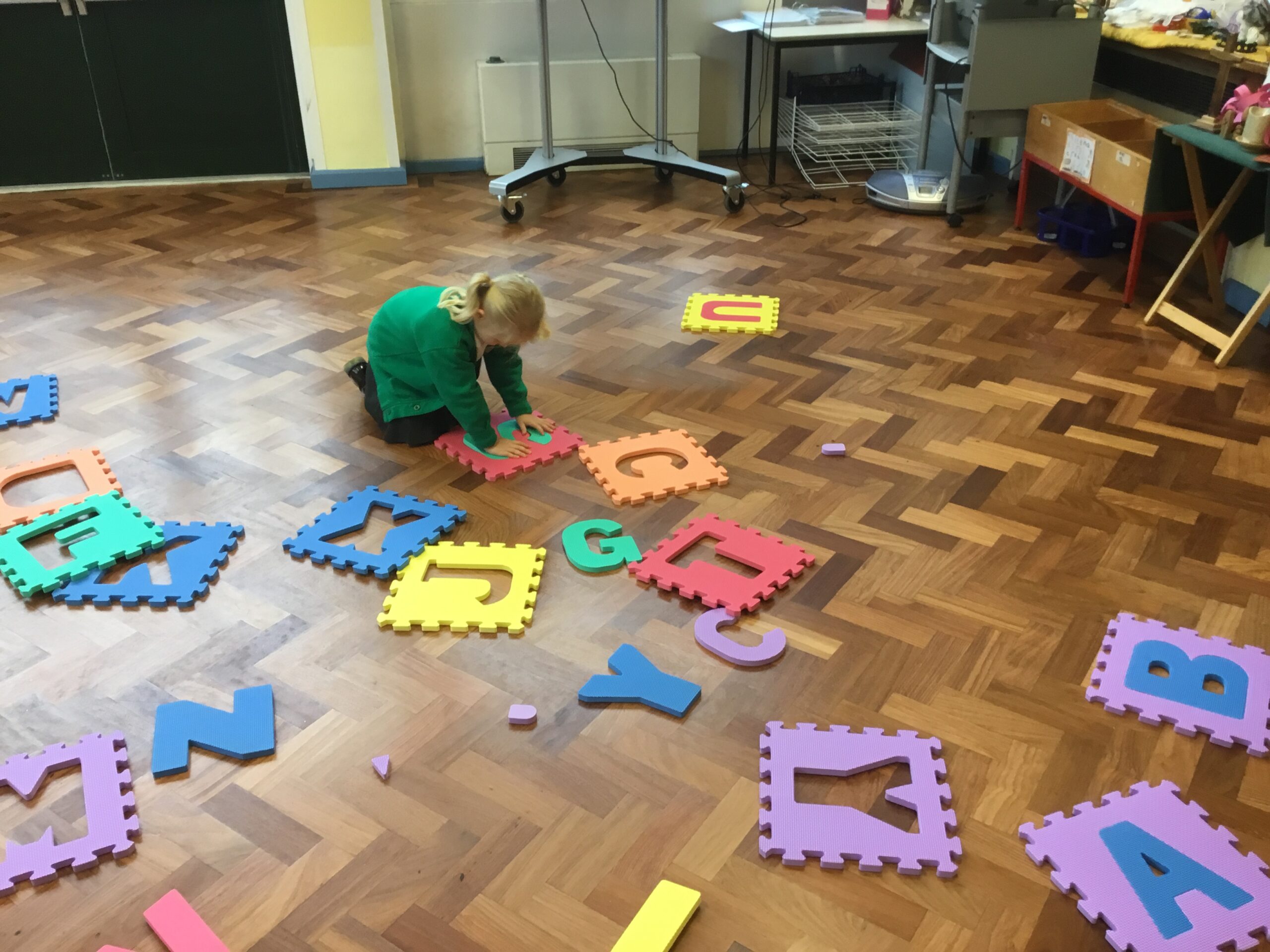Early Years Provision at Hartington C of E Primary School
Information for parents / guardians with children starting in the Early Years Foundation Stage (EYFS)
EYFS Intent, Implementation & Impact document Sept 2023
EYFS Long Term Planning 2023-2024
EYFS Transition Policy 2023
EYFS Policy Statement 2022/23
EYFS Policy 2023-2024
Phonics Teaching – A Guide for Parents – Jan 2024
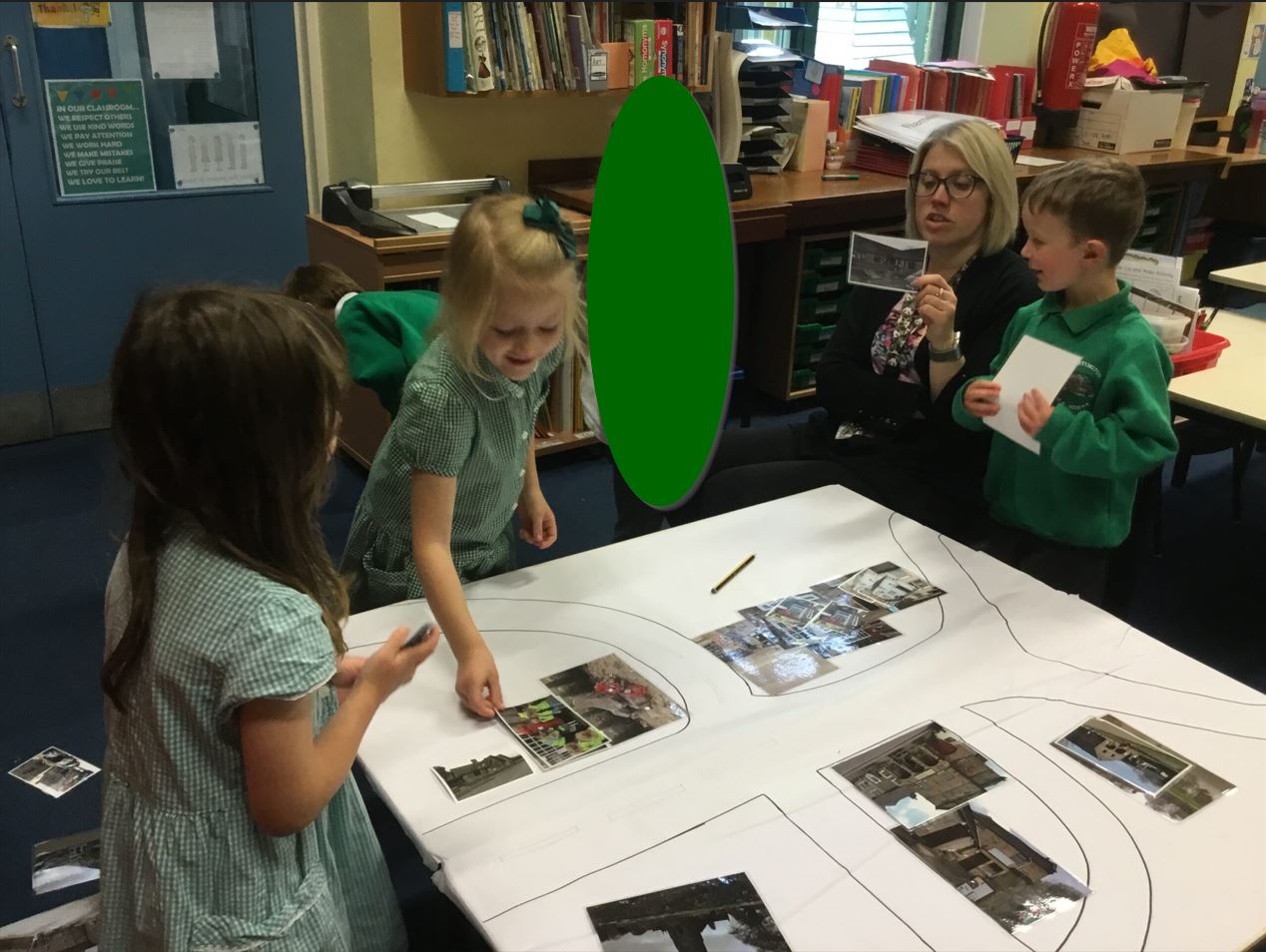
Head Teacher’s Welcome
On behalf of the staff and governors of Hartington C of E Primary School I would like to welcome you and your family to our school community. Hartington C of E Primary School is a special place where the staff are dedicated to providing a stimulating, exciting environment where everyone feels valued and safe, ideas can flourish and children can realise their full potential. By providing a well-structured and challenging curriculum, and by promoting good behaviour through our school’s Mission Statement, Vision and Christian Values, we aim to enthuse all children to love learning, as well as respect and care for each other. Whatever the individual needs of your child and whatever special interests they have, we aim to ensure your child thrives at Hartington. We highly value and respect the partnership between home, school and wider community and encourage all parents and guardians to take an active part in the education of their children both in and out of the school. The partnership of all stakeholders is essential, as together we set new challenges whilst building on our success.
I look forward to welcoming you and your child to our school.
Keeping Children Safe
Our top priority is to provide as safe an environment as possible for your child. You can help with this in a number of ways:
- Provide us with emergency contact numbers and names and let the school office know straight away if they change.
- Let us know if there are any changes in the person who usually picks up your child. If it is an emergency, or you only find out at short notice then please telephone the school office.
- Collect children from a staff member at the front door by the hall.
- Children are supervised by a member(s) of staff, until an adult arrives to collect them. If your child has a taxi then a member of staff will escort your child to the taxi and put him/her in it.
- All children must be brought to and collected from school by an adult at the front door.
- Let us know of any medical conditions affecting your child or any other factors affecting their wellbeing. If your child has a medical appointment during the school day please inform your child’s class teacher regarding the date and time and ensure you sign your child out of the school with the time and when your child returns (if on the same day).
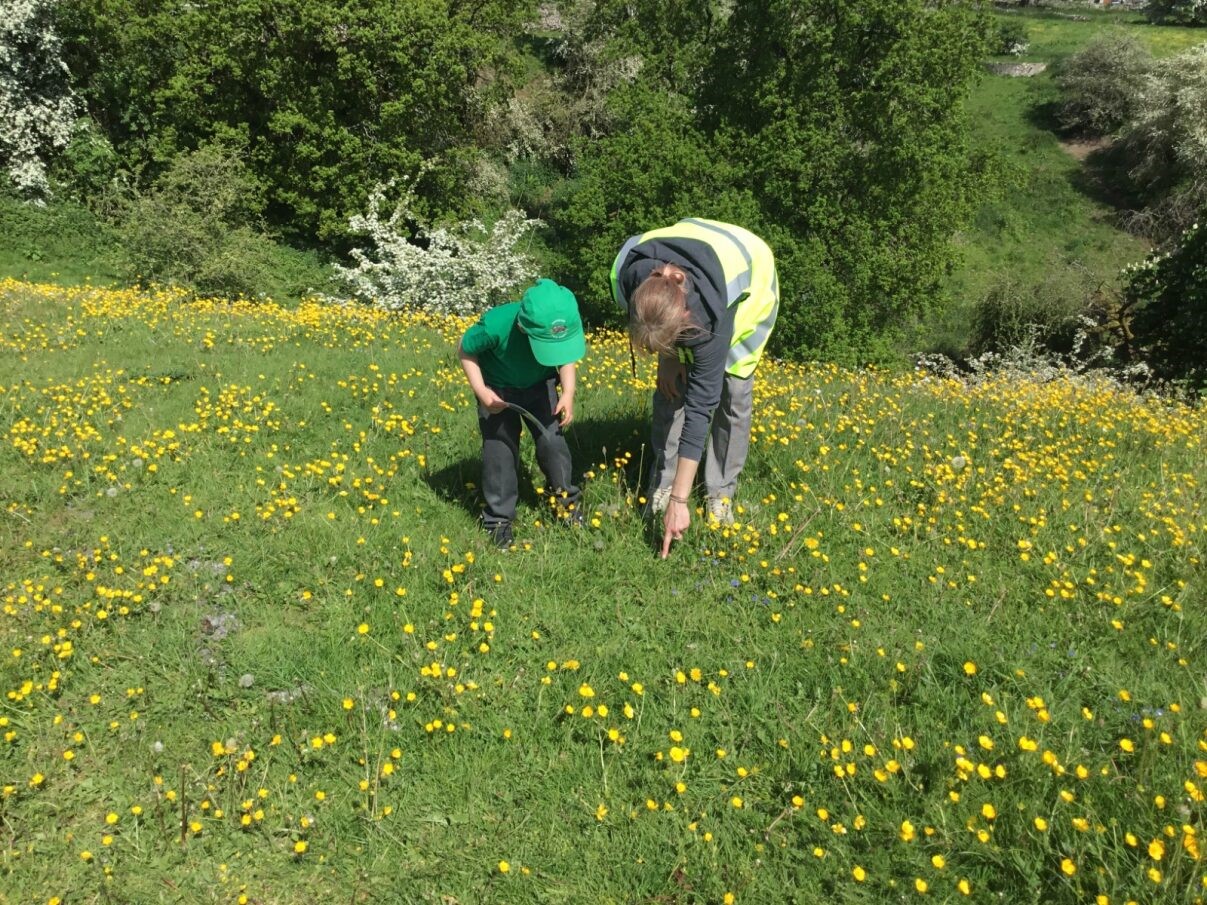
Timetables
School day starts 8.45 am
Registration 8:55 am
Lunch 11:55 am – 1:10 pm
Registration 1.15 pm
End of day collection 3.30 pm
Our Infant Class
Your child will start school as part of our Infant class.
In 2023 – 2024 there will be 15 children in the class. The Infant class is made up of EYFS Year 1,2, and 3’s.
Beginning of the school day
All children come to school through the main front door, even when the weather conditions are severe where a member of staff will be present to meet the children at 8.45 am. The children will enter their classroom and remain there until register is taken.
Settling Your Child at School
Settling a child into a new environment may take time, however our induction programme allows children to meet staff, children and to experience school life before their start in September which helps children to settle quickly. You will receive an information pack from the school which includes the following necessary forms; school admissions, data protection, home to school agreement, use of images permission slip and an application for pupil premium funding. Please fill these in and return to school. There will also be information on organising a pre -school visit for your child prior to their induction week in school. These visits will take place either at home or within your child’s pre-school setting or both and will be decided by both parents and the school. These visits are undertaken by the Early Years class teacher or the Early Years teaching assistant. These visits have a number of advantages and benefits:
- Parents/guardians can ask question about school in a more relaxed and personal situation.
- Parents/carers can explain their child’s specific needs and interests more fully.
- Children have an opportunity to become familiar with the staff, and begin to build a relationship with them.
- School staff can gather some information about your child, for example, how best to comfort them if they become upset, and any medical information the school will need to know. This academic year (2023 – 2024) the home/pre-school visits will be taking place during the first half of the Summer Term. The induction sessions will take place in the latter half of the Summer Term, children are invited to come to school for four Induction sessions (three half days and one whole day, these are flexible and are dependent on each individual child’s needs). This provides an invaluable opportunity for children to familiarise themselves with the classroom as well as meet their classmates.
How you can help?
We understand and acknowledge that the first day of school brings anxiety to parents, carers and the children. Your child’s Class Teacher will be there to meet and greet them at the door. There will also be a familiar adult in the classroom when they arrive to help them settle in. As part of the transition process staff will have been informed of your child’s preferred activities and these will be made available for them to access, they are also very welcome to bring with them a favourite small toy which will stay with them throughout the day.
- Encourage your child/children to look forward to school and feel excited about their new experience. Please be positive, as this will help them to feel positive too.
- Parents are asked to trust the schools staff and our established daily routines, which your child will have experienced during their transition days, and this benefits the child by building confidence from day one.
- Say goodbye and explain clearly that you will be coming back to get them later. Reassure them if they become upset, but still say goodbye and leave.
- We encourage our children to be independent. Staff will support your child entering the classroom with the rest of their class, until they are confident to do this unaided.
- Allow them to practice hanging their own coat up, as they will be asked to put their coats and book bags away and get out their reading and record books then place into the reading basket.
- When you pick up your child, ask them about their day and what they have been doing.
- Praise and reward them for settling well.
If your child becomes upset when you leave, remember that the staff team will be there to support you and reassure your child. We find that children generally settle and become involved in what is going on in the classroom within a few minutes. We appreciate that this will be upsetting, but please be assured that we will work together to support your child through this period of transition. Either the class teacher or a member of staff working within Foundation stage will contact you during the morning to let you know how they are getting along.
Separation anxiety is common amongst children at all stages and staff are experienced in helping to reduce this feeling and will work with your child to help build confidence and help them to settle into their new class.
Lunch and Snack time
- Hartington C of E Primary School has its own kitchen providing excellent home-cooked food. Our school meals are very popular and it also provides meals for another nearby school as well as meals for the local community via Community Lunches which the school links to Christian events within the Church calendar or important events within school.
- Currently all children in Foundation Stage are in receipt of Free School Meals.
- Log onto myschoollunch.co.uk/derbyshire for up-to-date information regarding the school menu. Please note that Foundation Stage children are provided with water at lunchtime with their lunch.
- Children are asked to bring in a named water bottle, filled with a healthy drink e.g. water or juice, which they have constant access to throughout the school day.
- Children have a piece of fruit at playtime as a snack. The fruit choice varies constantly.
- Our school is a safe and happy place and this is reflected in our Code of Conduct, Our Mission Statement, Vision and Christian Values of Service, Friendship, Compassion, Respect, Generosity and Trust.
- We are kind, helpful and care for each other;
- We tell the truth and listen to each other;
- We work hard and look after our environment;
- We are respectful others and their views;
These rules are discussed with the children to ensure that they understand them. These rules are part of the Moral, Social, Cultural and Spiritual values. Children who have shown these values within school or home are rewarded in the weekly Celebration Assembly on Friday mornings. Here at Hartington C of E Primary School there is a system of House Teams which your child / children will become a member of. This helps to support and underpin these Rules, Values and a sense of belonging which in turn has a positive impact on mental health and well-being.
The Curriculum that children follow is the Early Years Foundation Stage (EYFS) Curriculum. This curriculum offers children the opportunity to learn through a wide range of practical experiences, in indoor and outdoor learning environments. Being an Ambassador school for the National Park Ranger service provides an additional range of opportunities for our children in one the worlds most beautiful National Parks.
The child is at the centre of the Early Years Foundation Stage. Every child deserves the best possible support and start in life to fulfill their potential.
A child’s experience in the early years has a major impact on their future life chances. A secure, safe and happy childhood is important in its own right, and it provides the foundation for children to make the most of their abilities and talents as they grow up. Play is vital for children. It is through play that young children learn, grow and have fun. It helps them understand the world and to develop socially, emotionally and mentally. Singing songs, reading together, playing games with letters and numbers and making friendships all adds to a positive learning experience. Play also helps to develop their confidence, so they have a wide range of experiences and strategies to help them fulfill their potential. All children have a right to play and learn in a stimulating, safe, and fun environment with adults who understand and care about them.
The Early Years Foundation Stage (EYFS)
The EYFS meets the overarching aim of improving outcomes and reflects that it is every child’s right to grow up safe; healthy; enjoying and achieving; making a positive contribution; and with economic well-being. Within the EYFS profile, Learning and Development is separated into the following three prime areas, four specific areas of learning and three learning characteristics:
Primary Areas: Communication and Language; Personal, Social and Emotional Development; Physical Development;
Development Specific Areas: Literacy; Mathematics; Understanding of the World; Expressive arts and design; The Learning Characteristics; Playing and exploring; Active learning; Creating and thinking critically.
None of these areas of Learning and Development can be delivered in isolation from the others. They are equally important and depend on each other to support a rounded approach to child development. All the areas must be delivered through planned, purposeful play, with a balance of adult-led and child-initiated activities.
Since September 2021, all Early Years Children undergo a Statutory Online Baseline Assessment. At Hartington C of E Primary School this assessment is undertaken in the first half term.
Assessment in the EYFS is based on continual observations, not tests. The children are assessed against the Early Years Foundation Stage Profile, which is regularly shared with parents. Children work is annotated by staff to record observations, make notes on the child’s progress and includes photographic evidence. This work is then shared with parents at parent’s evenings and is a wonderful record of your child’s progress and achievements. At the end of the EYFS, parents also receive a written report of their child’s progress over the entire year.
Using Reading, Writing and Maths at Home
Maths: Everyday life provides many opportunities to develop mathematical skills and concepts. Children enjoy practical opportunities such as sorting objects, addition, subtraction, sharing, identifying numbers around them, talking about and comparing items by shape and size and joining in with counting games and rhymes.
Reading: Children learn to read at very different stages. Some may already recognise names and some words in their environment by sight; others may recognise and say the sounds of some letters. Print is all around us; on labels, signs, food packets and in the media. Encourage your child to make connections to these, hunt for letters and say the sounds, re-read repetitive stories and rhymes to them and talk about the illustrations, events and characters they encounter.
Writing: Praise all efforts that your child makes to communicate by making marks. This may include using pencils, paints, in the sand, or using IT. Involve your child when you are writing cards, lists, letters and messages. This will develop their understanding that print has meaning. Encourage your child to form letters clearly if they are ready to record, and encourage lower case, not capital letters in their writing, apart from the beginning of names.
Reading and Book Bags: Your child will be given a reading record as well as a reading book. Please listen to your child read as often as possible and we will endeavor to do the same in school. It really does make a huge difference, not only to their reading but also to their writing and their speech and language development. Don’t forget to write in the reading record when you have read with your them. Your child will also be sent home with ‘phonics sound cards’ and key word cards which link directly to the current phonic phase your child is accessing . Please practice these at home daily, as your support will help your child make progress towards achieving the EYFS goal in reading.
General tips for supporting your child’s reading:
- Read together every day, as part of their regular routine;
- Encourage your child to talk about the illustrations within the text;
- Ask questions, for example: Why did that happen? What will happen next? (There are question prompts in all the reading books sent home);
- Encourage your child to tell you the story in their own words;
- Ask them to turn over the pages and point to the text;
- Once they know some letter sounds, encourage them to sound out short words and blend;
- Practice phonic cards on a regular basis.
- Ask them to look out for the key words they are learning in both their reading book and the environment.
Helping your child at home: We want to work with parents/carers to support your child’s transition into school. There are a few things that you can encourage even before your child begins school that will help them to settle in and feel comfortable.
- Clearly label all items of clothing, lunch boxes, book bags and PE bags;
- Check from time to time that the labels are still in place and clear;
- Allow your child to practice dressing and undressing, including using fasteners that they find difficult. Encourage your child to be as independent as possible. We are happy to support your child with dressing and undressing when necessary, but do encourage them to have a go;
- Please wash and return any spare school clothes promptly, if your child comes home wearing any;
- Play with your child indoors and outdoors. Encourage the development of gross motor skills by supporting your child with physical play including such things as climbing and balancing.
- Undertake creative and messy activities with your child such as cutting and sticking, finger painting, working with dough or clay, threading beads, building with bricks, sorting small items etc.; this will support the development of fine motor skills.
- Encourage your child to be responsible for putting away their own things. They will be asked in school to clear away resources, to put book bags, lunch (if necessary)/snacks and coats in their correct places from the beginning of the school year;
- Reinforce independent toileting and also hand washing and drying.
Here at Hartington C of E Primary School we have an ‘Open Door’ Policy between ourselves, parents and carers. We welcome a constant dialogue between all partners to help ensure children feel safe, happy and feel positive about coming to school to learn. It is important that anything that might affect your child’s well-being is identified immediately and appropriate action taken.
If you are interested in visiting the school in person, please do not hesitate to telephone or email to make an appointment where either myself or a member of my team will show you around and answer your questions.
